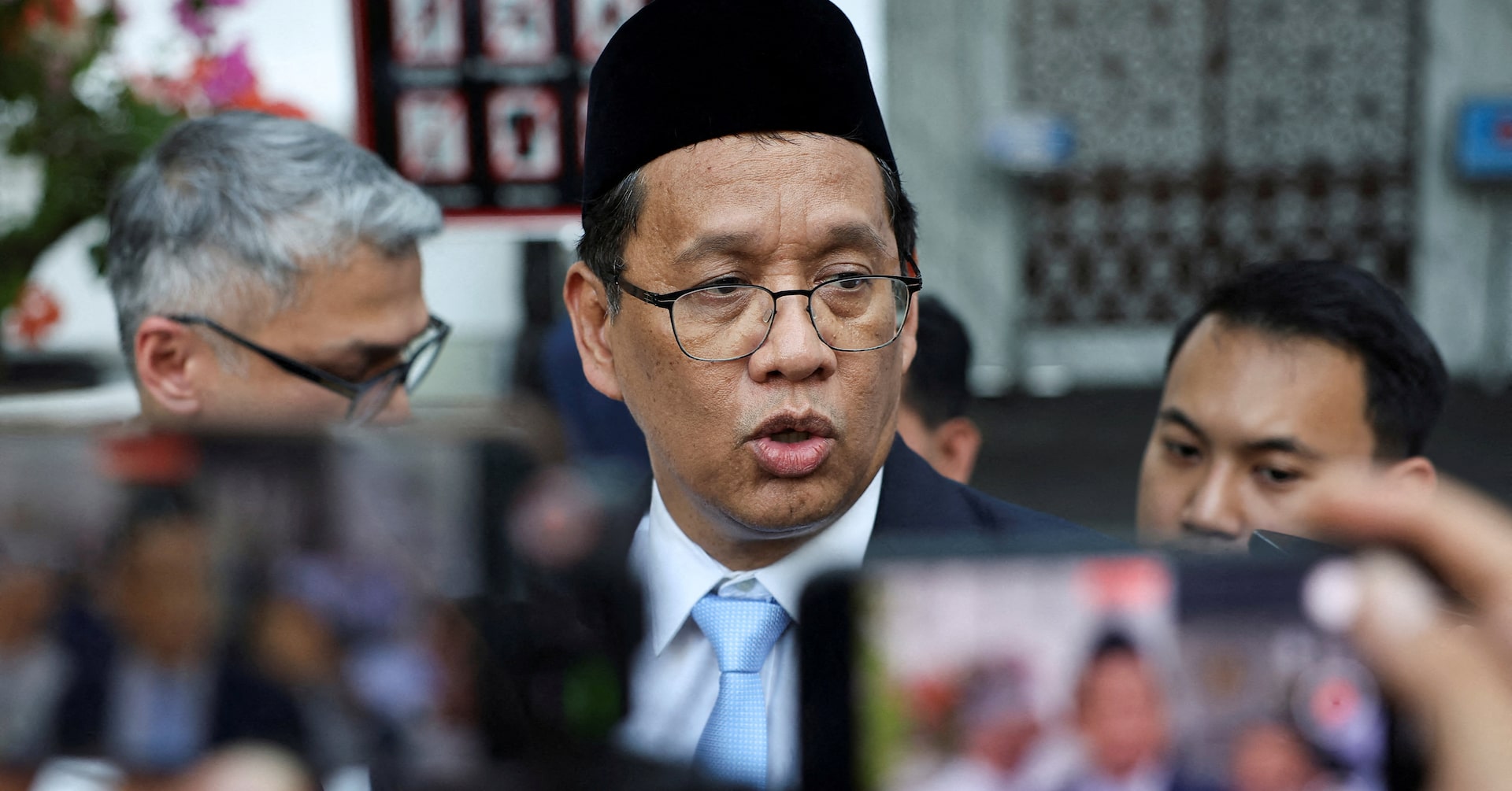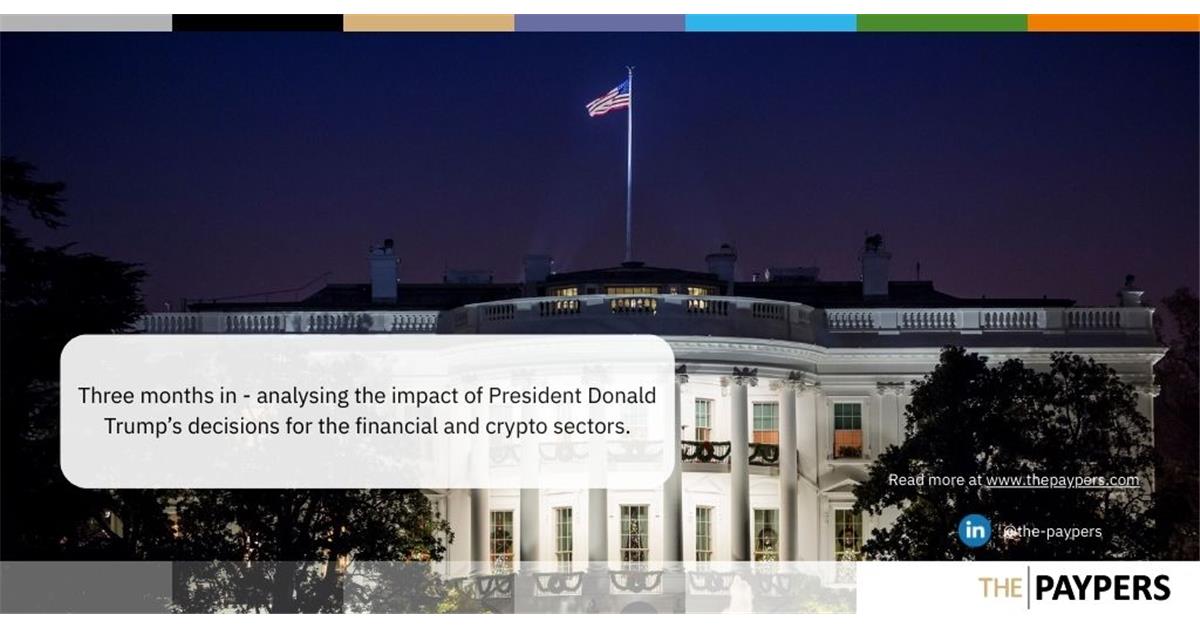Budget Flexibility: Indonesia's Finance Chief Hints at Potential 2026 Spending Overhaul

Indonesia is considering a strategic budget approach for 2026, with plans to increase financial allocations to provincial and district governments, potentially alleviating concerns about potential local tax increases. The country's newly appointed finance minister revealed this approach on Thursday, signaling a proactive effort to support local economic stability and ease financial pressures on regional administrations.
By boosting funds to provinces and districts, the government aims to provide additional financial breathing room for local authorities, potentially reducing the need for aggressive tax measures that could burden local communities. This nuanced budgetary strategy demonstrates Indonesia's commitment to balanced regional development and responsive fiscal management.
The proposed funding strategy reflects a careful approach to addressing economic challenges while maintaining fiscal responsibility and supporting local government infrastructure and service delivery. As details continue to emerge, this initiative could represent a significant shift in Indonesia's approach to regional financial planning.








